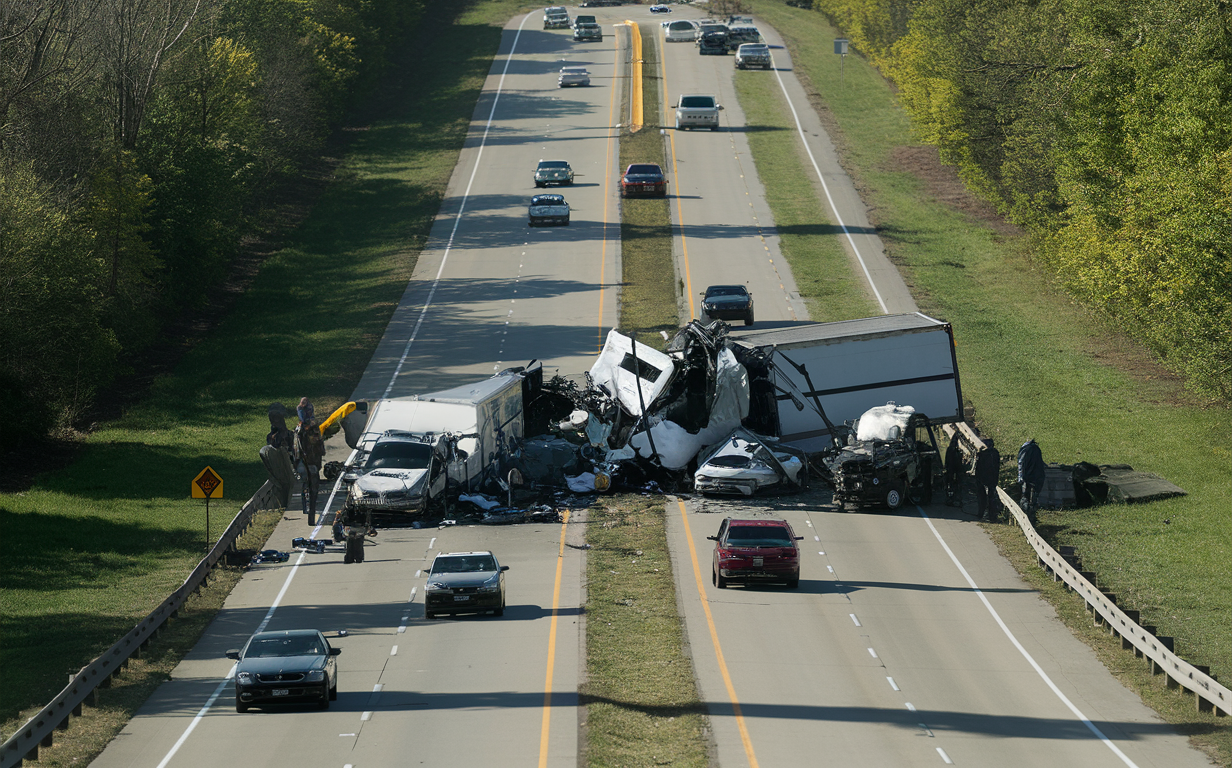Michigan Estate Planning and Probate Attorneys
Having Issues Regarding Estate Planning or Probate? Call Now for Answers!
Probate is the legal process that results in a court validating someone’s will or determining that he or she died without one. The court, as part of the probate, will appoint someone to handle the bills of the deceased as well as his or her assets. Depending on certain circumstances, that person is called the executor or administrator with the will annexed.
At Mihelich & Kavanaugh, PLC, we handle all areas of probate including:

Michael P. Kavanaugh, Attorney
Senior Partner – Director of Probate & Estate Planning Division of MKPLC
Probate is also when creditors of the deceased can appear before the court and make their claims for payment. Under law, they have a fixed period of time to do so.
In addition to ensuring the payments of those debts presented by creditors, the probate process is also used by the federal government to make sure taxes are paid. Income taxes for the deceased must be paid for his or her personal income tax return that covers the period up to the date of death. If the estate earns any income during the probate, a separate estate income tax return is required, and taxes must be paid on the income. If the estate of the person who died is over the maximum exemption, which ranges from $1,500,000 to $3,500,000 depending on the year of death, a federal estate tax return is due, and any taxes due must be paid within nine months of the date of death.
Finally, following the collection of all the assets owned by the person who died and any sale of them, taxes and debts are paid before the executor or administrator distributes the remaining assets as provided for in the decedent’s will or, if there is none, following the rules of intestate succession.
To learn how our experience with Michigan probate law can benefit your family in a time of need, contact one of our attorneys today. We represent clients with interests in all kinds of probate matters, from simple probate administration to complex probate disputes.






